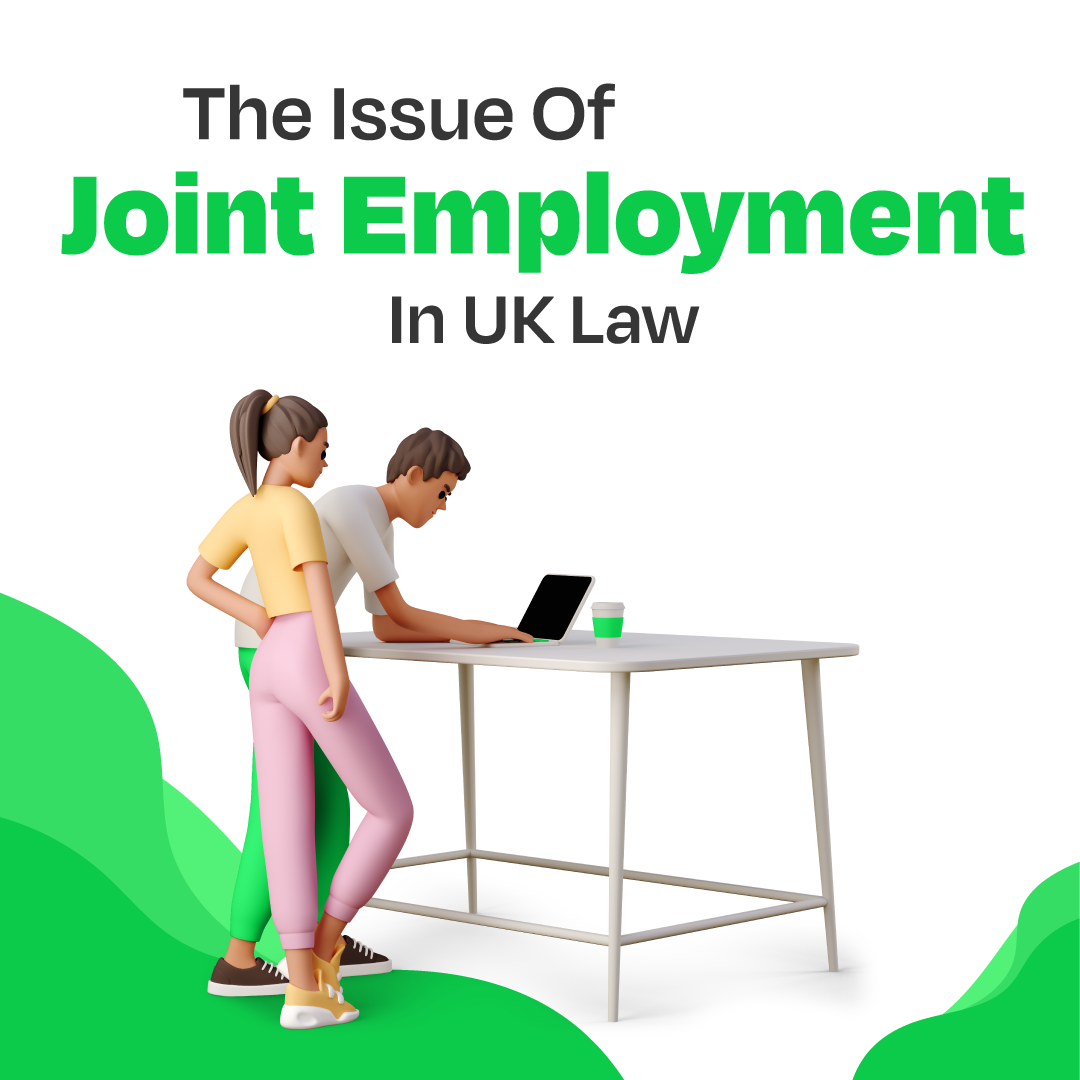Joint employment in UK supply chains
Brabners LLP has highlighted an interesting recent case which involved the thorny issue of “dual” or “joint” employment.
In a blog post for the FCSA, the law firm reflected upon the tricky nature of joint employment in the UK. While it’s a recognised principle in other global legal systems, most notably the USA, the notion of someone having two employers for the same job does not sit well in the context of UK employment law.
The case…
Over time, numerous legal cases have examined the concept of joint employment and the inherent complications that arise from it.
The case in question, United Taxis Ltd. v Comolly and another, saw the Employment Appeal Tribunal overturn an earlier tribunal decision. While we’ll not go into the details of the case here, the EAT ultimately determined that a taxi driver could not simultaneously hold the status of employee and a worker for two distinct employers for the same work tasks.
The Appeal Tribunal drew on one of the earliest cases of dual employment from 1826, in which the court decided that “a servant cannot have two masters”. While they pointed out that the principle does not prevent someone having different employers for different jobs, the idea of having two employers for the same job is problematic, concluding that joint employment is not “legally possible”.
What it teaches us…
While the Comolly case did not involve a recruitment agency or umbrella company, there are clearly lessons to be taken from it.
Joint employment is becoming increasingly common in recruitment, with the recruitment agency and service provider (or Umbrella) both employing a worker via Special Purpose Vehicle.
The standout takeaway from this case should be that joint employment is “not legally possible”, which brings us to the inevitable conclusion that it should be avoided in order to protect the whole temporary labour supply chain.
Liquid Friday COO Joe Taffurelli shares this conclusion:
“I must agree with the EAT on this, the concept of an individual worker having two employers (co-employment) for the same job is not possible in the UK. I also have concerns over the motivation of why the two entities would want to engineer this scenario. There is a lot of concern, rightly so, over transparency for the contractor, concern over the treatment of VAT in the supply chain which ultimately may mean that the entire supply chain is placed at risk. Whilst I am not one to stifle innovation, it feels that co-employment is fundamentally not something that sits well, or at all, in the UK.”




